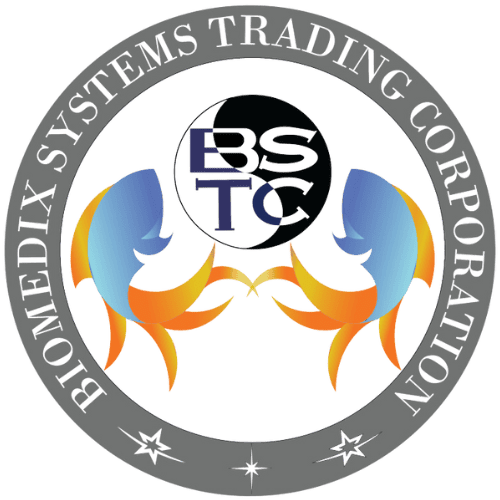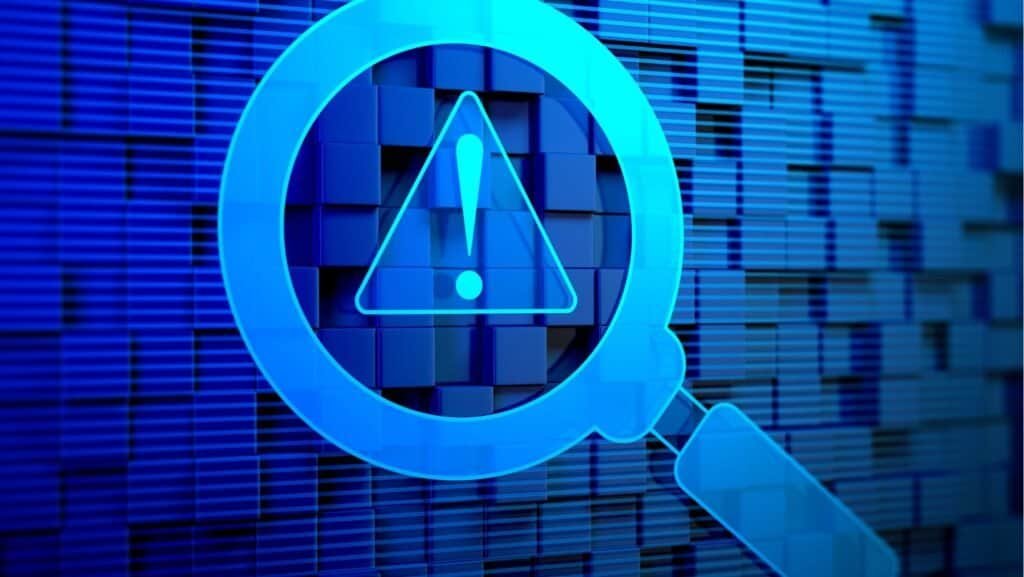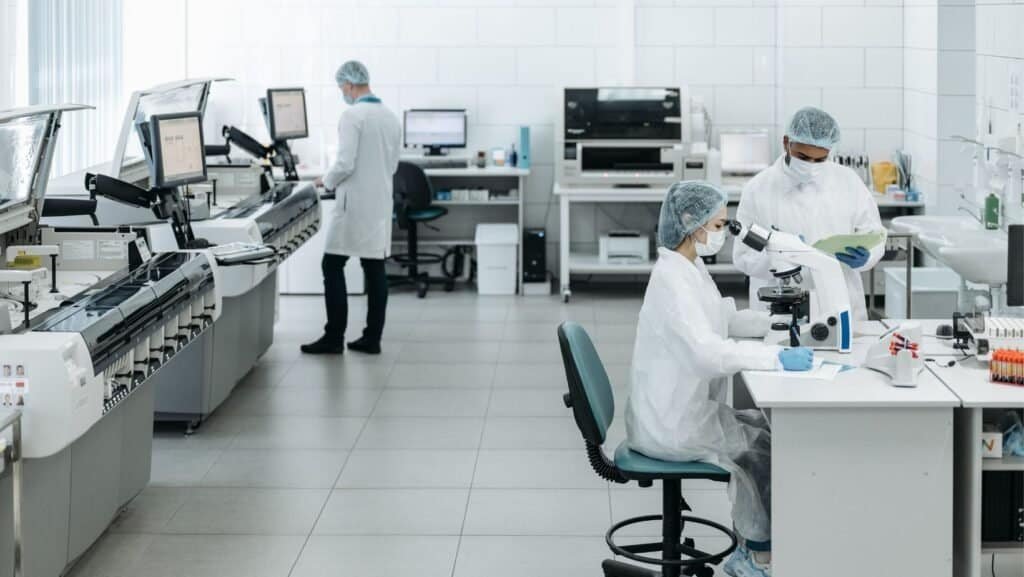


With continuous change in healthcare and research sectors, laboratory management has become fundamental to obtaining accurate outcomes, reduced timeframes, and adherence to regulations. Laboratory management software solutions allow the transformation of operations, processes, and data management in clinical, research, and diagnostic laboratories. From sample shipment to monitoring test workflows and guaranteeing and managing data and compliance, Laboratory Information Management Systems (LIMS) and other laboratory-specific software systems are features that drive efficiency in laboratories.
In today’s fast-paced health environment, laboratory management software can be a game-changer, providing the infrastructure to handle complex data, keep track of inventory, and streamline diagnostic processes. This blog will tackle the major advantages, opportunities, and trends influencing software solutions for laboratories and clinics of all operational scales.
It is a digital tool designed to streamline lab operations, manage data, and automate repetitive processes. Whether you run a small clinic or a large-scale diagnostic lab, software solutions help laboratories improve workflow efficiency, reduce manual errors, and seamlessly manage compliance.

Laboratory management software can automate time-consuming manual tasks, such as sample tracking, test result documentation, and scheduling. Automation leads to a 30% reduction in errors and improved turnaround times. This is critical for diagnostic labs where accuracy and speed are paramount.
One of the primary functions of laboratory management software is to centralize all lab data into a single, accessible system. This enables quicker data retrieval, easier tracking of patient samples, and real-time updates for lab technicians and medical professionals. A centralized system ensures that the entire team is aligned, reducing miscommunication and improving decision-making.
Maintaining regulatory compliance is one of the most significant challenges for laboratories. LIMS simplifies compliance by automating audit trails, managing documentation, and generating reports that meet international standards such as ISO 15189. This automation ensures that labs remain audit-ready at all times.
With integrated systems, laboratory teams can communicate more effectively and collaborate in real time, regardless of location. Software management enables team members to share updates instantly, access the same set of data, and monitor the workflow from sample collection to reporting.
A good laboratory management software should allow customization based on your lab's specific needs. Dashboards should provide real-time metrics on sample progress, test results, and equipment status. Custom reports are also essential for internal reviews and external compliance audits.
Choose a solution that seamlessly integrates with your lab instruments, such as diagnostic equipment and analyzers. This feature allows data to flow directly from your machines to the software, eliminating manual data entry and reducing the risk of human errors.

Real-time tracking is crucial for monitoring lab performance and addressing bottlenecks immediately. The ability to analyse data in real time helps lab managers optimise workflows and improve efficiency continuously. Moreover, powerful analytics allow for better decision-making by identifying trends and patterns in your lab operations.
As your laboratory grows, your LIMS should grow with you. Look for a system that can scale with the increasing number of samples, staff, and instruments without sacrificing performance.
Lab Size and Complexity: Ensure the software is compatible with the operations involved, be it a small, ready clinic or a large facility.
Ease of Use: The software should have a friendly interface with intuitive navigation and a minimal learning curve for your staff.
Support and Training: Go for a vendor who is willing to assist in the provision of other technical aspects for your team.
Budget: It is advisable to always stay within budget limits, but it is very important to examine and analyze the qualitative aspects of a high-end system in terms of future ROI. Such systems tend to enhance efficiency, accuracy, and compliance, among other features.

According to Business Rsearch Insights, innovations such as cloud computing, artificial intelligence (AI), and automation are transforming laboratory operations. Cloud-based LIMS provides scalability and remote access, while AI helps optimize workflows by reducing errors and improving data analysis.
A study from Allied Market Research states that while North America leads in market share, the Asia-Pacific region is expected to grow the fastest in the coming years, driven by increased R&D activities, government initiatives promoting laboratory automation, and rising healthcare expenditures in countries like China and India.

Laboratory management software is a digital solution designed to streamline lab operations, automate tasks, manage data, and ensure regulatory compliance, leading to increased efficiency and accuracy.
By automating repetitive tasks, centralizing data, and enabling real-time updates, laboratory management software reduces errors and speeds up processes, leading to improved workflow efficiency.
Look for features such as customizable dashboards, integration with lab instruments, real-time data tracking, scalability, and user-friendly interfaces.
Yes, laboratory management software helps automate compliance documentation, manage audit trails, and generate reports that meet international regulatory standards.
Integration allows data from lab instruments to be automatically transferred to the software system, eliminating manual entry and reducing human error.
Choosing the right laboratory management software requires careful consideration of several factors. Adopting laboratory management software is no longer optional for labs that aim to stay competitive. It’s a necessary step towards modernization, offering benefits such as increased productivity, reduced errors, and enhanced compliance. Whether you're managing a small diagnostic clinic or a large-scale laboratory, the right software solution can revolutionize your operations and ensure long-term success.
Want to upgrade your laboratory management software?